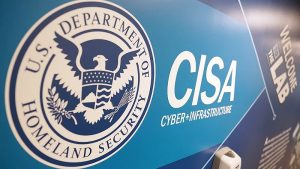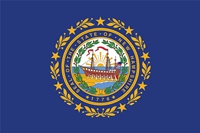On Oct. 8, President Joe Biden signed the bipartisan K-12 Cybersecurity Act of 2021 into law to provide school districts with resources to combat and protect themselves against cyberattacks.
In a push to harden its campus-wide cybersecurity posture, Virginia Polytechnic Institute and State University (Virginia Tech) has released a new university security standard for administrative privileges.
State and local government (SLG) leaders are struggling to get a good night’s sleep amid growing cybersecurity fears, according to a new report from MeriTalk.
Sen. Gary Peters, D-Mich., chairman of the Senate Committee on Homeland Security and Governmental Affairs, and Sen. Rob Portman, R-Ohio, the committee’s ranking member, have introduced legislation to require critical infrastructure entities to report cyberattacks to the Federal government, and to require most other entities to report to the government if they make a ransomware payment.
As an unprecedented number of employees continue to work on-site and remotely, ensuring the proper rollout of the latest IT infrastructure is crucial in securing networks and ensuring operational success. However, various state and local agencies faced challenges in attempting to aid employees in this new work environment, said Rohit Tandon, assistant commissioner and the state chief information security officer for the state of Minnesota, on September 23 during a Nextgov webinar.
StateRAMP, the nonprofit formed earlier this year by leaders from state and local governments and the private sector to help state and local governments manage their third party supplier cybersecurity risks, has released the initial roster of its Authorized Vendor List (AVL).
The Department of Homeland Security’s Cybersecurity and Infrastructure Security Agency (CISA) announced today that cybersecurity veteran Kiersten Todt will be the agency’s next chief of staff.
The City of Sierra Vista, Ariz. is partnering with the University of Arizona to help university students of develop real-world experience in social engineering techniques and improve city employees’ ability to identify cyberattacks.
Peterborough, N.H., confirmed that it has lost $2.3 million in taxpayer money due to two instances of email-based scams.
With the COVID-19 pandemic changing the work landscape, potentially forever, cybersecurity officials are advising that workplaces prepare to build resiliency into these hybrid work landscapes and make sure they are working strategically to secure the connections.













